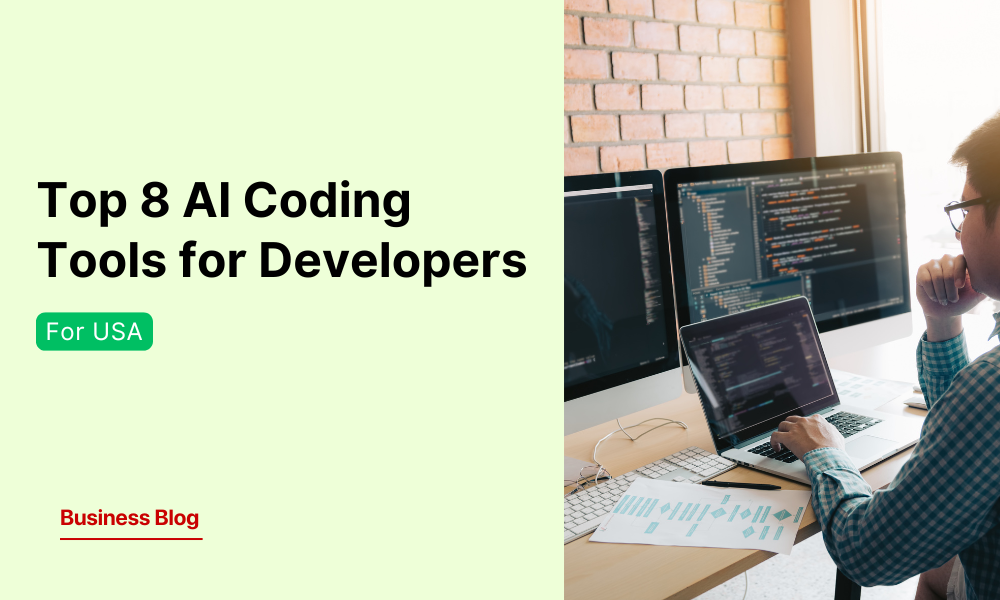Supercharge Your Coding: Top AI Tools for Developers in 2025
Supercharge Your Coding: Top AI Tools for Developers in 2025

The landscape of software development is rapidly evolving, and Artificial Intelligence (AI) is at the forefront of this transformation. AI-powered coding tools are no longer a futuristic concept; they’re essential assets for developers seeking to boost productivity and enhance code quality. At AI Flare, we’re committed to keeping you informed about the latest advancements, and this guide explores the top AI coding tools available in 2025, addressing key questions and concerns.
1. Are there free AI coding assistants?
Yes! Several AI coding assistants offer generous free tiers, catering to both students and individual developers. GitHub Copilot, for example, provides free access to students and open-source contributors. Cursor and Codeium also offer free plans, though functionality might be limited compared to paid versions. These free options are excellent for everyday coding tasks and smaller projects.
2. What are the common use cases for AI coding assistants?
AI coding tools significantly impact the entire software development lifecycle. Their applications include:
- Auto-completing functions and boilerplate code
- Refactoring legacy code for improved readability and performance
- Generating comprehensive test cases to streamline QA
- Assisting in the creation of clear and concise technical documentation
- Providing contextual code explanations for easier onboarding
These tools dramatically reduce cognitive load, accelerate development, and ensure code consistency, especially within fast-paced teams.
3. Will AI coding assistants replace human developers?
Absolutely not. While AI tools excel at generating syntactically correct code, identifying patterns, and automating repetitive tasks, they lack the crucial element of contextual judgment. Complex architectural decisions, feature prioritization, debugging intricate edge cases, and handling real-world ambiguity still require the unique skills and problem-solving capabilities of human developers. Think of AI as a powerful productivity partner, augmenting your abilities rather than replacing them.
4. Why integrate AI developer tools into your product lifecycle now?
Embracing AI tools early offers significant advantages:
- Shorter sprint cycles through automation of boilerplate and testing
- Early bug detection via AI-assisted analysis
- Continuous improvement in code quality with real-time feedback
These benefits compound over time, reducing technical debt and boosting overall velocity. AI complements agile methodologies, making them more efficient and scalable.
5. How do AI-powered coding assistants improve software development?
AI coding assistants serve as both accelerators and safety nets. By handling repetitive coding tasks, identifying logic gaps, and assisting with documentation, they free developers to focus on complex problem-solving. This translates to:
- Faster iteration cycles
- Reduced debugging time
- Improved code hygiene and consistent standards
The result? Higher-quality, more maintainable software without increased effort.
6. What programming languages are supported?
Most popular AI coding tools support a wide array of languages, including Python, JavaScript, TypeScript, Java, C/C++, Go, Ruby, and PHP. However, support depth and accuracy can vary. GitHub Copilot, for instance, excels in Python and JavaScript due to the extensive open-source repositories used in its training. Developers using less common languages should thoroughly evaluate tool performance in their specific environments before full integration.
7. What types of AI developer tools are available?
The market offers diverse AI developer tools, categorized as:
- Code generators (e.g., Copilot, Codeium)
- Test case generators (e.g., CodiumAI)
- Static code analyzers (e.g., DeepCode)
- DevOps automation tools (e.g., Spacelift)
- Documentation assistants (e.g., Tabnine)
Each tool contributes uniquely to enhancing speed, clarity, and code quality.
8. How secure is AI-generated code?
Code security depends on both the tool and its implementation. Cloud-based tools may process code externally, raising IP and compliance concerns. On-device solutions like Tabnine provide better control in sensitive environments. Crucially, AI may suggest insecure patterns if not carefully vetted. Always:
- Conduct thorough code reviews regardless of the code’s origin.
- Use tools compliant with your industry standards.
- Combine AI assistance with static analysis for enhanced security.
9. What’s the best AI code generation tool?
GitHub Copilot, leveraging OpenAI’s Codex, is widely considered the leading intelligent code generation tool. Its strong IDE integration, language versatility, and contextual recommendations make it a popular choice. However, tools like CodeWhisperer (ideal for AWS-heavy workflows) or Tabnine (best for private, local inference) might be better suited depending on your team’s specific requirements.
10. Can AI coding assistants help with debugging and code reviews?
Yes! Tools like CodiumAI and DeepCode assist by:
- Identifying potential bugs through static code analysis
- Generating unit tests to uncover edge-case failures
- Suggesting improvements in code logic and structure
These tools augment, not replace, peer reviews, reducing the human workload while simultaneously improving overall code quality.
11. OpenAI’s Role in Advancing AI Developer Tools
OpenAI’s Codex model is the engine powering many advanced code generation and interpretation capabilities in today’s tools, including GitHub Copilot. Their contributions have significantly advanced AI coding, moving beyond simple keyword matching to contextual understanding. OpenAI continues to shape the future of AI development environments through API access, ongoing research, and strategic partnerships.
Disclaimer: This content is aggregated from public sources online. Please verify information independently. If you believe your rights have been infringed, contact us for removal.